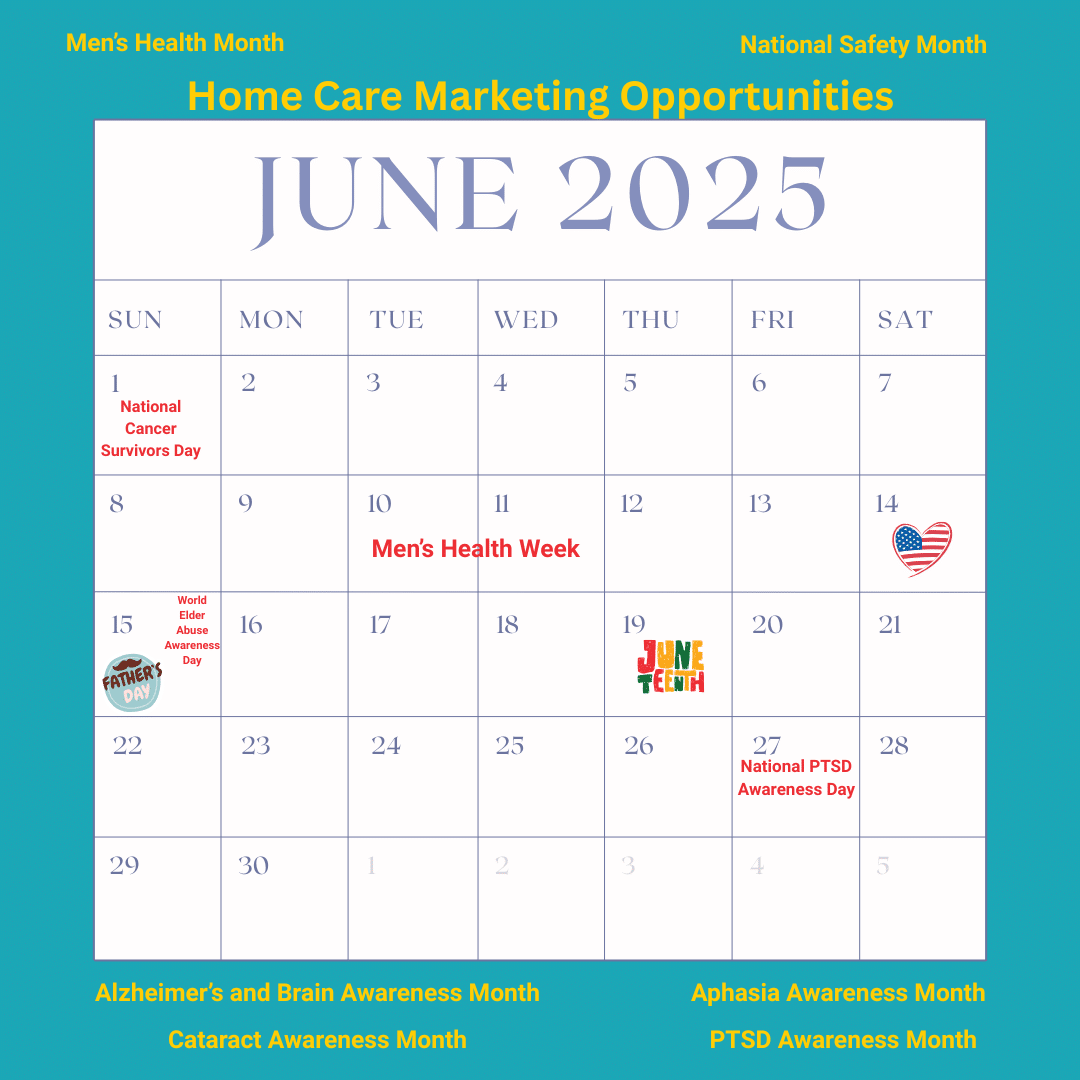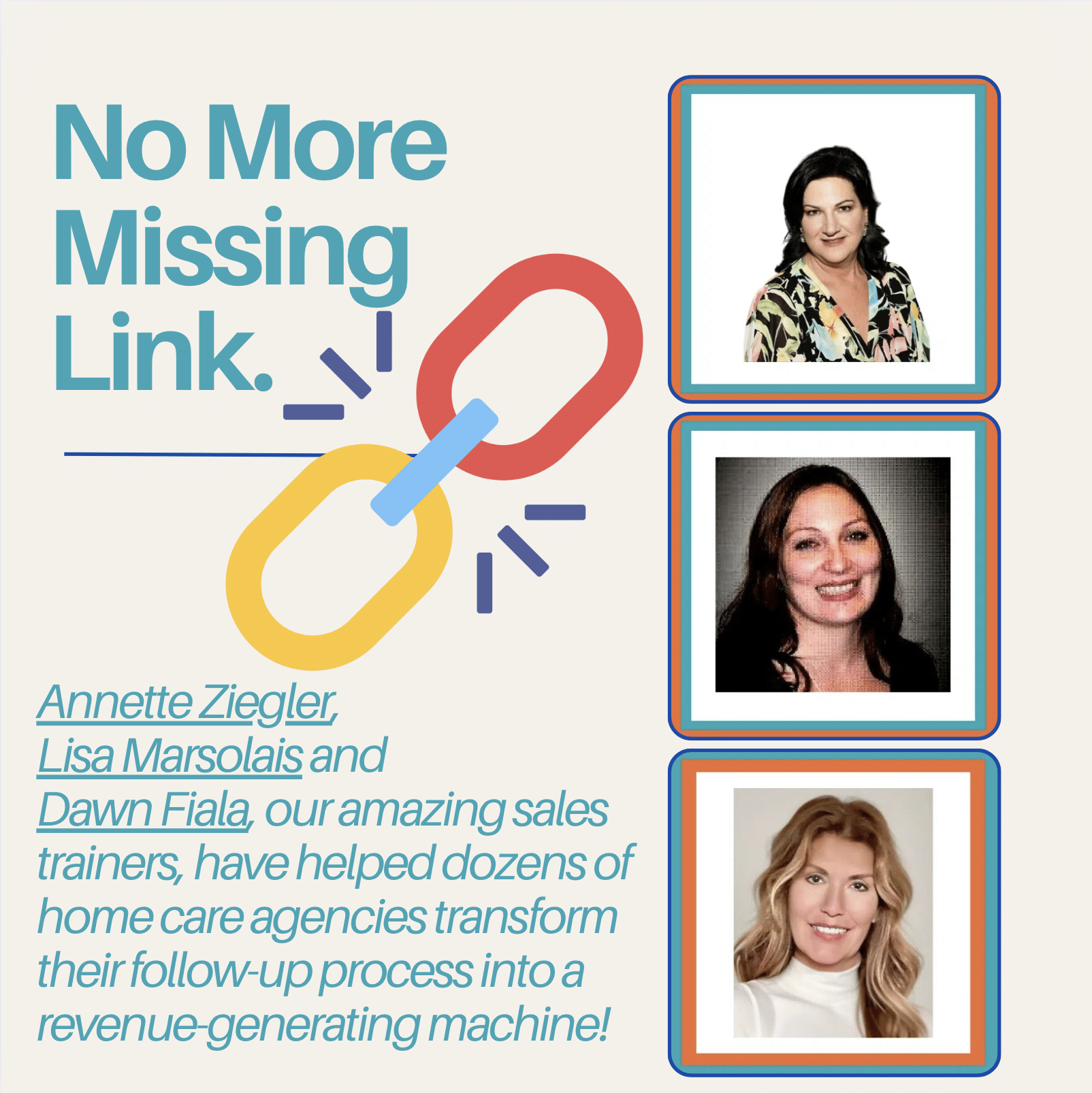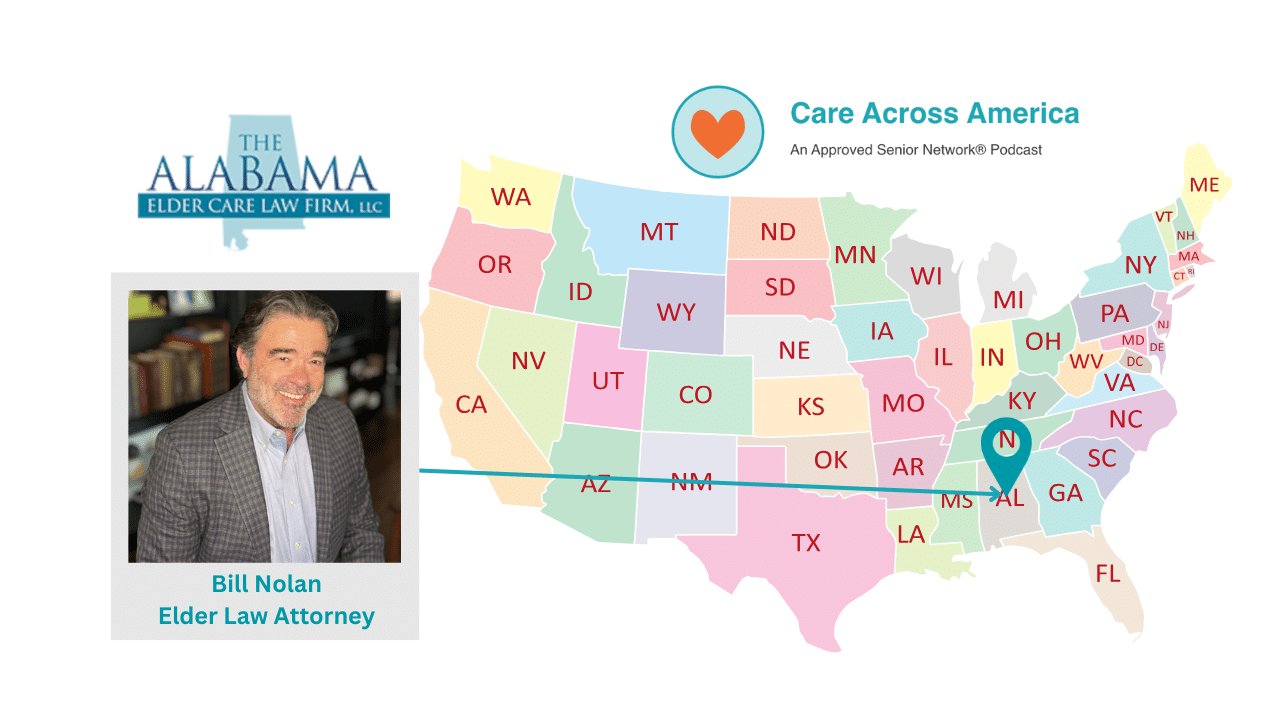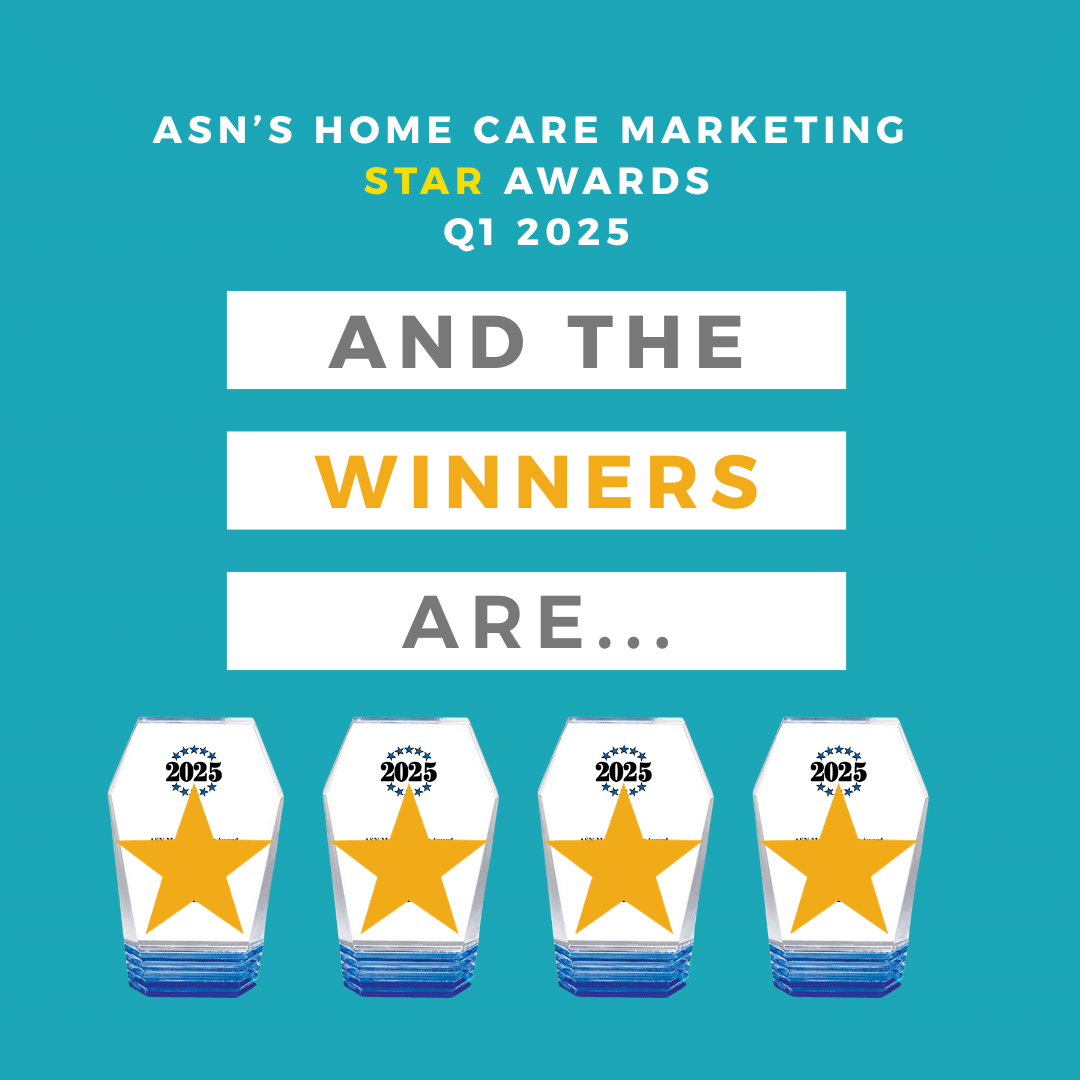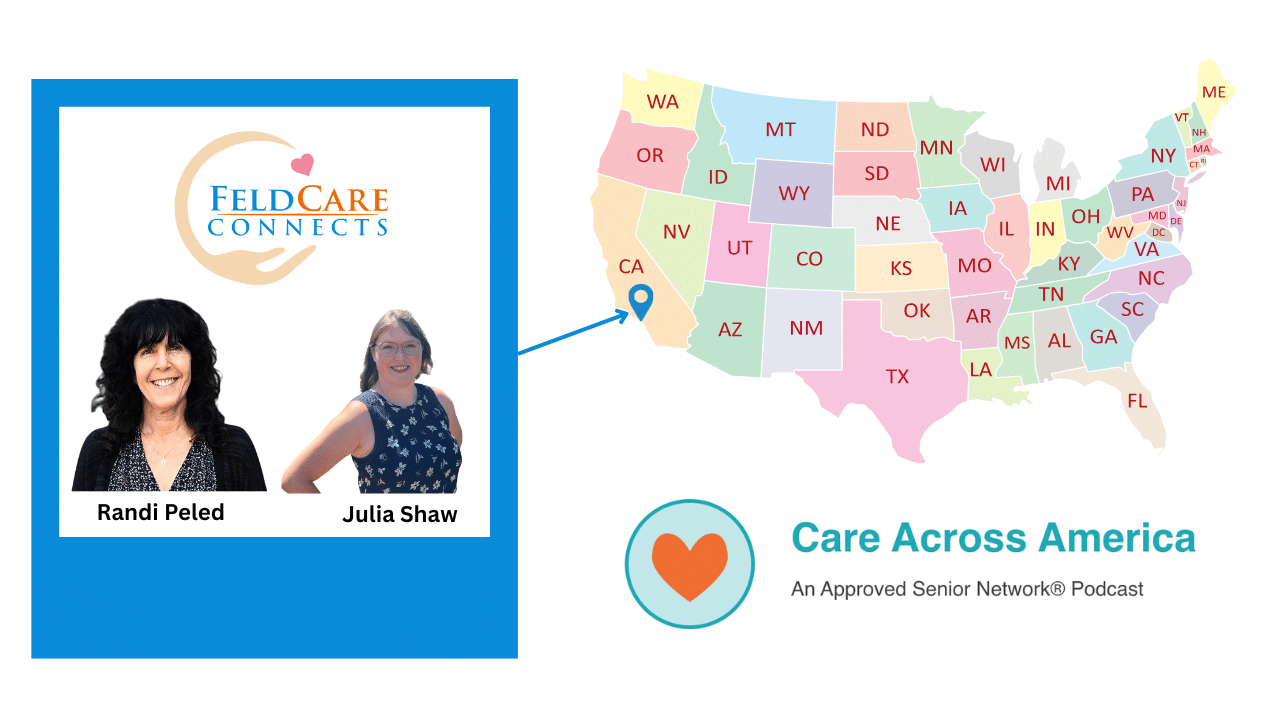Breast Cancer Awareness Month in October presents a unique chance for outside sales teams to blend their sales goals with a meaningful cause. By aligning home care marketing and home care sales strategies with breast cancer awareness initiatives, companies can enhance Community Outreach, strengthen Networking, and boost Community Involvement.
The Dual Role of Sales Teams in October
October is not just another month—it’s a period when businesses can combine their sales efforts with social responsibility. Outside sales teams have the opportunity to support breast cancer awareness while engaging in In-Person Sales. This dual role can boost team morale and resonate with clients who value companies that give back to the community.
Understanding Breast Cancer and Its Significance
Key Statistics and Facts
Breast cancer is one of the most common cancers among women worldwide. According to the World Health Organization, there are about 2.3 million new cases each year. Sharing these statistics during sales interactions can inform clients and show your commitment to the cause.
“Early detection is key in the fight against breast cancer. Women should be familiar with how their breasts normally look and feel and report any changes to a healthcare provider right away.”
Source: Dr. Susan Love’s Breast Book (6th Edition), 2015
The Emotional Connection
Personal stories of survivors and those affected by breast cancer can create a powerful emotional bond. For example, sharing the journey of a local survivor during sales meetings can demonstrate empathy and reinforce the human aspect of your Home Care Sales efforts.
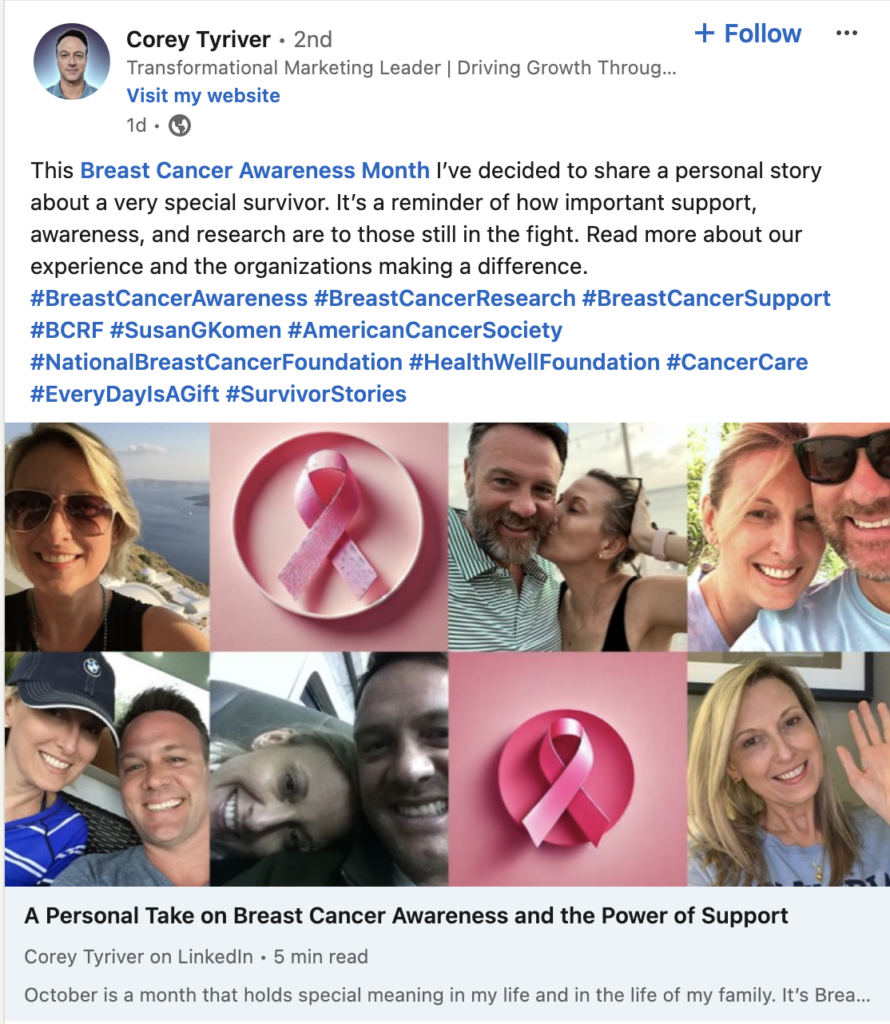
Aligning Sales Strategies with the Cause
The Power of Cause Marketing
Integrating cause marketing into your sales strategy benefits both your business and the community. For instance, a home care company might offer special services during October, with a portion of proceeds donated to breast cancer research. This approach enhances your brand image and appeals to socially conscious consumers.
Setting Clear Objectives
Define specific goals for your breast cancer awareness initiatives. Whether it’s raising a certain amount of funds or increasing participation in Community Outreach programs, clear objectives guide your team’s efforts. Use the SMART criteria (Specific, Measurable, Achievable, Relevant, Time-bound) to set and track these goals.
“We must continue to empower every woman to take charge of her health. Awareness and education are the first steps toward overcoming breast cancer.”
Source: Susan G. Komen Foundation Press Release, 2010
Creative Outside Sales Ideas
Exclusive Product Launches
Consider launching limited-edition products or services with a portion of sales going to breast cancer charities. For example, a home care agency could offer a “Pink Ribbon Care Package” in October. This not only boosts sales but also shows your company’s commitment to making a positive impact.
- Actionable Tip: Collaborate with suppliers to create pink-branded merchandise or special service bundles that align with breast cancer awareness themes.

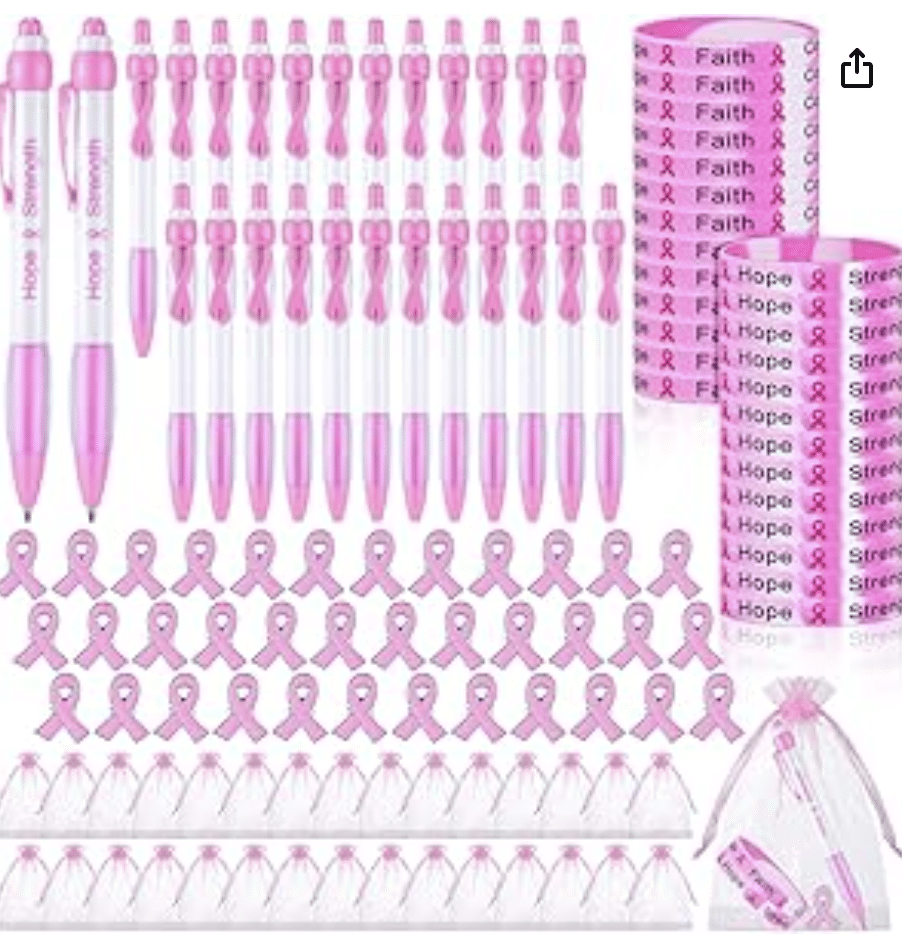
Community Engagement Events
Organize local events like charity walks, health fairs, or educational workshops. Hosting a free breast health seminar in partnership with local healthcare providers can increase Community Involvement and provide valuable information to attendees. These events offer opportunities for Networking and promote your services in a meaningful way.
- Real-World Example: A home care company organized a community walk where participants raised funds through sponsorships, resulting in increased brand visibility and community goodwill.
Pop-Up Shops and Mobile Showrooms
Bring your products or services directly to the community through pop-up shops or mobile showrooms. Setting up a booth at a local farmers’ market or community center allows you to engage with people face-to-face. Incorporate educational materials about breast cancer to combine sales with awareness efforts.
- Actionable Tip: Use the pop-up shop to offer free health screenings or consultations, drawing in potential clients while providing valuable services.
“Knowledge is power when it comes to breast cancer. Understanding your risk factors and getting regular screenings can save your life.”
Source: Breastcancer.org Blog Post, October 2018
Digital and Social Media Strategies
Social Media Challenges and Hashtags
Create engaging social media campaigns with unique hashtags to spread awareness. For example, challenge followers to share photos wearing pink using a specific hashtag, and donate a dollar for every post. This encourages user-generated content and increases your online presence.
- Expert Insight: Social media strategist Jane Doe suggests, “Interactive campaigns boost engagement and show your company’s commitment to the cause.”
Live Streaming Events and Webinars
Host live online events to reach a broader audience. A webinar featuring healthcare professionals discussing early detection can position your company as a knowledgeable and caring community member. Promote these events through your social media channels to maximize attendance.
- Actionable Tip: Record the webinars and share them on your website and social media platforms for those who couldn’t attend live.
Collaborative Online Promotions
Partner with influencers or complementary businesses to expand your reach. Collaborating with a local fitness center on a virtual fundraiser can attract new clients interested in Home Care Marketing and wellness. Collaborative promotions can amplify your message and bring fresh perspectives to your campaigns.
- Real-World Example: A home care agency teamed up with a popular local blogger to promote their breast cancer awareness campaign, resulting in increased engagement and donations.
Partnering with Nonprofits and Organizations
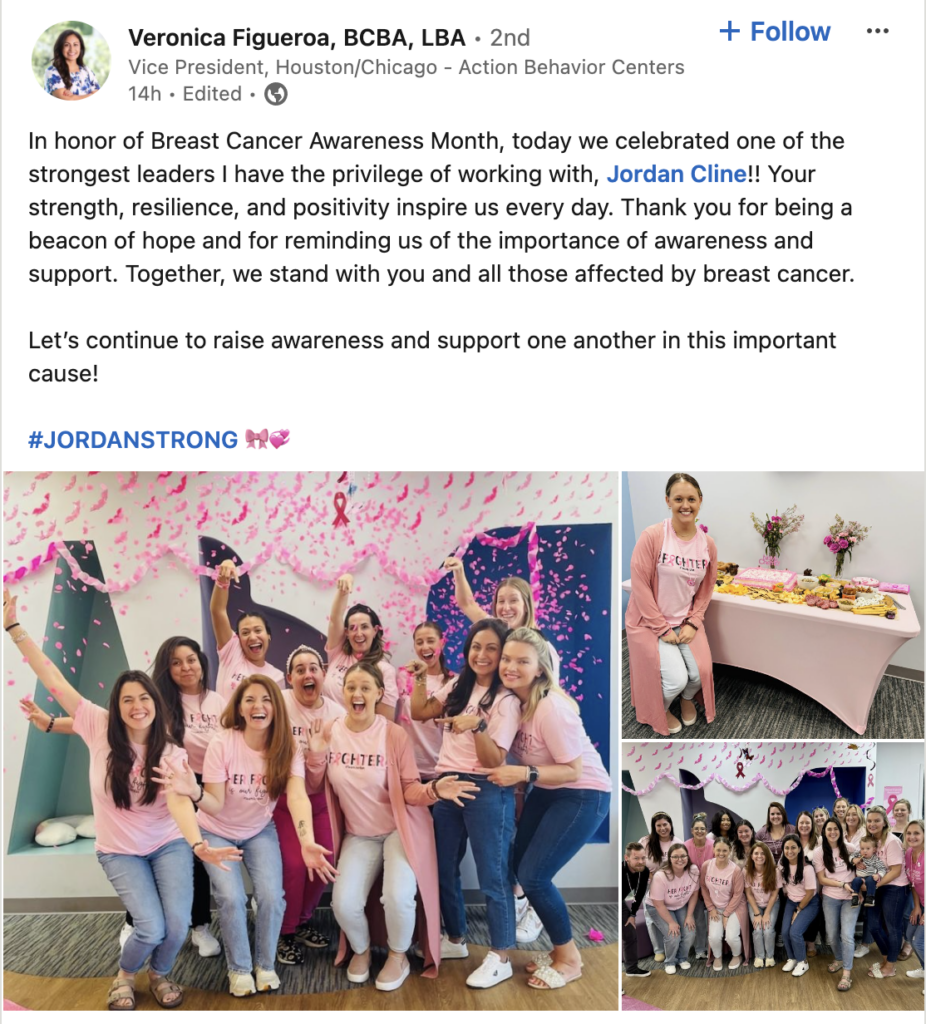
Strategic Alliances
Form partnerships with reputable breast cancer organizations. Aligning with the National Breast Cancer Foundation can enhance credibility and provide additional resources for your sales initiatives. These alliances can also offer co-branding opportunities and access to a wider audience.
- Actionable Tip: Reach out to nonprofits early to plan joint events or campaigns, ensuring ample time for coordination.
Joint Campaigns
Collaborate on campaigns that combine your products or services with the mission of nonprofit partners. A joint fundraising effort where a portion of your sales goes directly to the partner organization can lead to greater impact and stronger community ties.
- Expert Insight: Nonprofit coordinator John Smith advises, “Joint campaigns leverage the strengths of both organizations, creating a win-win situation.”
Employee Involvement and Training
Empowering the Sales Team
Equip your sales team with training on compassionate communication and breast cancer awareness. Providing workshops or informational sessions can make your team more confident in their In-Person Sales and Community Outreach activities. An informed team can engage clients more effectively and sensitively.
- Actionable Tip: Provide your team with conversation guides and informational brochures to assist them during sales calls.
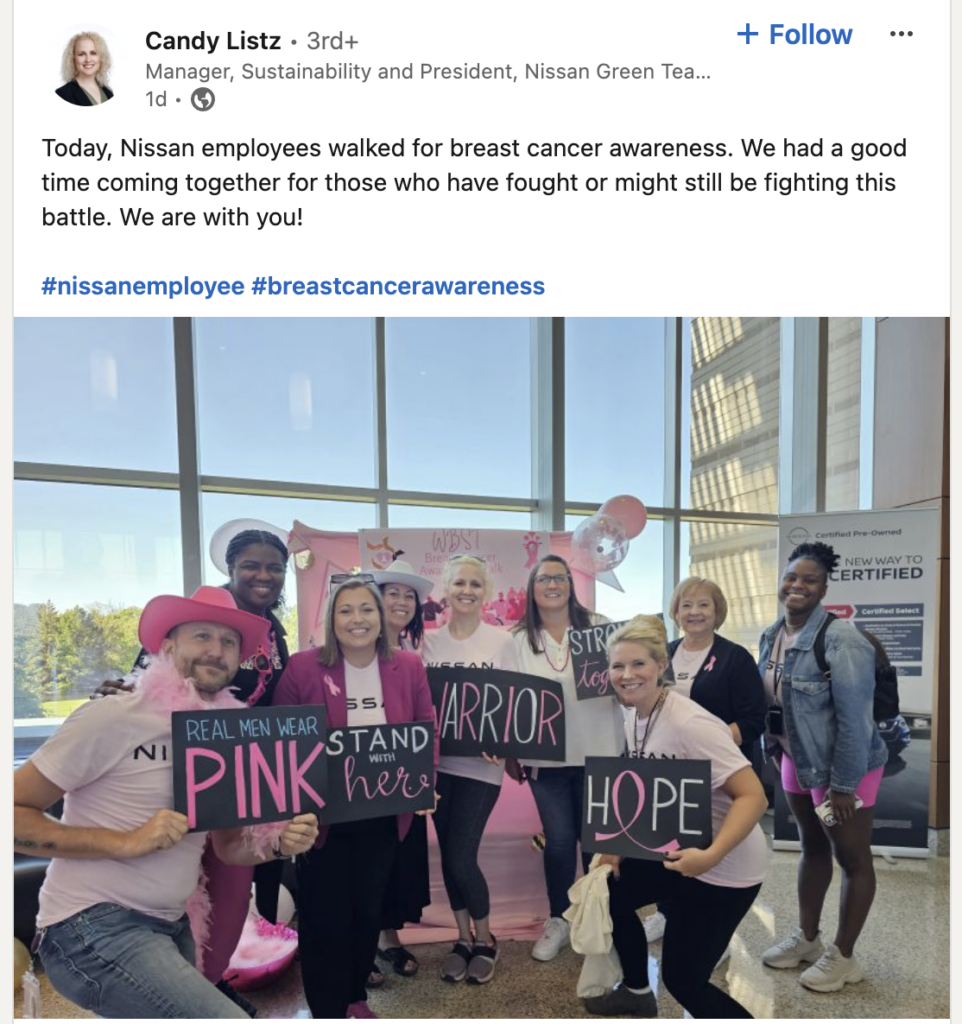
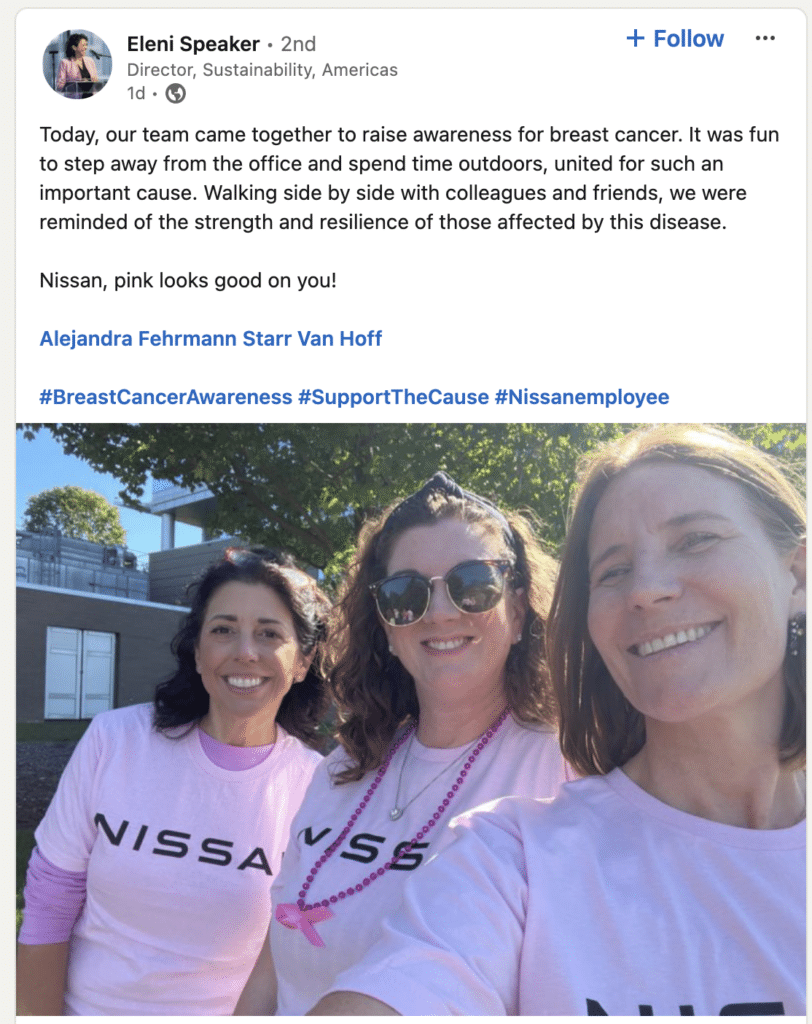
Team Fundraising Initiatives
Encourage friendly competitions or team-based fundraising efforts. Challenge different sales teams to see who can raise the most funds, with the company matching donations. Recognizing top fundraisers can motivate your team and increase Community Involvement.
- Real-World Example: A sales team hosted a bake sale, raising funds for charity while fostering team spirit and camaraderie.
Enhancing Customer Participation
Interactive Sales Approaches
Engage customers by offering ways to contribute, such as rounding up their purchase total for a donation or offering discount vouchers for future services when they donate. Personalize interactions to make clients feel valued and part of the cause.
- Actionable Tip: Implement a “Donate and Save” program where customers receive a small discount when they contribute to the campaign.
Customer Appreciation Programs
Show gratitude to customers who support your initiatives. Offer special promotions, thank-you notes, or feature them on your social media channels. This not only builds loyalty but also encourages ongoing participation in your Home Care Sales efforts.
- Expert Insight: Marketing consultant Lisa Ray notes, “Recognizing customers’ contributions strengthens relationships and promotes positive word-of-mouth.”
Measuring Success and Impact
Tracking Sales and Donations
Monitor the results of your campaigns by tracking sales data and funds raised. Use specific metrics like the number of new clients acquired during the campaign or the total amount donated to charities. Clear metrics help evaluate effectiveness and inform future strategies.
- Actionable Tip: Utilize customer relationship management (CRM) software to track interactions and outcomes related to the campaign.
Customer Feedback and Testimonials
Gather feedback from clients to understand their experience and improve future initiatives. Surveys or comment cards can provide valuable insights. Testimonials can also showcase the positive impact of your efforts and enhance your company’s reputation.
- Real-World Example: A company collected testimonials from clients who appreciated the breast cancer awareness initiatives, then featured these stories in marketing materials.
Adjusting Strategies for Greater Impact
Analyze data to refine your approach. If certain strategies are not yielding the desired results, be willing to adjust. If a social media campaign isn’t engaging enough, consider changing the content or platform. Being adaptable ensures your sales strategies remain effective and responsive to community needs.
- Actionable Tip: Schedule regular team meetings to review progress and brainstorm improvements.
Sustaining Efforts Beyond October
Long-Term Commitment to the Cause
Consider making breast cancer awareness a year-round part of your company culture. Ongoing support, such as regular donations or continued partnerships with breast cancer organizations, strengthens your brand and continues to benefit the community.
- Expert Insight: Corporate social responsibility expert Mark Lee says, “Long-term commitment demonstrates genuine dedication and can significantly enhance brand loyalty.”
Planning for Future Campaigns
Reflect on the successes and challenges of your initiatives to plan future campaigns. Set long-term goals and create a roadmap for achieving them. This keeps your team focused and engaged, and ensures that your efforts continue to grow and improve.
- Actionable Tip: Document lessons learned and best practices to inform next year’s strategies.
The Power of Sales in Making a Difference
Outside sales teams have a unique opportunity to contribute meaningfully during Breast Cancer Awareness Month. By integrating cause-related strategies into your Home Care Marketing and In-Person Sales, you can make a positive impact while achieving business objectives. Engaging in Community Outreach, expanding Networking efforts, and deepening Community Involvement not only benefits those affected by breast cancer but also strengthens your company’s reputation and relationships.
Call to Action
Take the first step by implementing these strategies in your sales plan. Encourage your team to embrace these ideas and make a genuine difference. Together, you can have a significant impact during Breast Cancer Awareness Month and set the foundation for ongoing community engagement.
- Next Steps:
- Plan: Identify which strategies align best with your company goals.
- Train: Prepare your sales team with the necessary tools and knowledge.
- Execute: Launch your initiatives with enthusiasm and commitment.
- Review: Monitor progress and be ready to adapt as needed.
By embracing these innovative approaches, your outside sales team can drive success and contribute to a vital cause. Integrating Home Care Sales with community-focused initiatives not only benefits those affected by breast cancer but also strengthens your company’s reputation and relationships.
Frequently Asked Questions About Home Care Marketing During Breast Cancer Awareness Month
1. How can sales teams address legal considerations when engaging in cause-related marketing during Breast Cancer Awareness Month?
Sales teams should be mindful of legal requirements to ensure their cause-related marketing efforts are compliant and transparent. Here are some steps to consider:
- Understand Regulations: Familiarize yourself with local and national laws related to charitable promotions. Some regions have specific rules about advertising partnerships with nonprofits.
- Be Transparent: Clearly communicate how donations are calculated and distributed. Specify the percentage of sales or fixed amount that will be donated to the breast cancer organization.
- Obtain Agreements: Secure written agreements with any nonprofit partners. This should outline the terms of the partnership, including the use of logos and promotional materials.
- Use Disclaimers: Include disclaimers in marketing materials where necessary. For example, note if there are caps on donations or if the promotion is time-limited.
- Consult Legal Professionals: Before launching the campaign, consult with your company’s legal team or a legal expert to review all materials and agreements.
- Follow Advertising Standards: Ensure all marketing adheres to advertising laws and ethical standards, avoiding misleading claims.
2. What strategies can outside sales teams use to sensitively discuss breast cancer topics with clients?
Approaching the subject of breast cancer requires care and empathy. Here are some strategies:
- Educate Yourself: Gain a solid understanding of breast cancer and its impact to speak knowledgeably and compassionately.
- Use Respectful Language: Choose words thoughtfully, avoiding terms that may be insensitive or triggering.
- Focus on Support: Emphasize how your company’s initiatives aim to provide support and raise awareness, rather than delving into medical details.
- Listen Actively: If clients share personal experiences, listen attentively and acknowledge their feelings without making assumptions.
- Offer Resources: Provide clients with informational materials or direct them to reputable organizations for further support.
- Practice Empathy: Approach conversations with genuine concern and a willingness to help.
3. How can technology support remote or hybrid sales teams in participating effectively during Breast Cancer Awareness Month?
Technology can bridge gaps and enhance participation:
- Virtual Events: Host online fundraisers, webinars, or awareness workshops using video conferencing tools to engage clients and communities.
- Collaboration Tools: Utilize platforms like Slack or Microsoft Teams to coordinate efforts, share updates, and keep everyone connected.
- Social Media Engagement: Leverage social media platforms to promote campaigns, share stories, and encourage participation from a wider audience.
- Digital Marketing: Use email marketing and online advertising to reach clients with personalized messages about your initiatives.
- CRM Systems: Implement customer relationship management software to track interactions, manage donor information, and streamline communications.
- Mobile Apps: Consider using apps designed for virtual fundraising or community engagement to involve team members and clients on the go.
4. What are the best practices for promoting breast cancer awareness in culturally diverse communities?
To effectively promote awareness in diverse communities:
- Cultural Understanding: Research and respect cultural beliefs and practices related to health and wellness within the community.
- Language Accessibility: Provide materials and communications in the preferred languages of your audience to ensure inclusivity.
- Partner with Local Leaders: Collaborate with community leaders or organizations who have established trust within the community.
- Tailor Messaging: Adapt your messages to reflect cultural values and address specific needs or concerns of the community.
- Inclusive Representation: Use images and stories that reflect the diversity of the community to foster connection.
- Engage Respectfully: Approach outreach with humility and a willingness to learn from the community members themselves.
5. How can sales teams measure the return on investment (ROI) of their breast cancer awareness campaigns?
Measuring ROI involves both quantitative and qualitative analysis:
- Define Clear Objectives: Establish what you aim to achieve, whether it’s increased sales, brand awareness, or funds raised for charity.
- Track Sales Data: Monitor sales figures during the campaign period and compare them to previous periods.
- Monitor Engagement Metrics: Analyze website traffic, social media interactions, event attendance, and other engagement indicators.
- Assess Brand Awareness: Use surveys or brand recognition studies to gauge increases in public awareness of your company and its initiatives.
- Collect Feedback: Gather input from clients and team members about the campaign’s impact and areas for improvement.
- Evaluate Long-Term Effects: Consider how the campaign has affected customer loyalty, community relationships, and overall brand reputation.
6. How can breast cancer awareness initiatives be integrated into existing sales training programs?
Integrating these initiatives can enhance your team’s effectiveness:
- Include Awareness Training: Add modules on breast cancer awareness, sensitivity, and effective communication strategies to your training program.
- Role-Playing Scenarios: Practice conversations that incorporate discussing the initiatives sensitively with clients.
- Guest Speakers: Invite healthcare professionals or representatives from breast cancer organizations to provide education and inspiration.
- Provide Resources: Equip your team with brochures, fact sheets, and other materials to share with clients.
- Align with Goals: Show how these initiatives support overall sales objectives, encouraging team members to embrace them.
- Encourage Team Participation: Foster a supportive environment where team members can share ideas and experiences related to the campaign.
7. In what ways can collaborating with other industries enhance the impact of sales initiatives during Breast Cancer Awareness Month?
Cross-industry collaboration can amplify efforts:
- Expand Reach: Partnering with businesses in different industries exposes your campaign to new audiences.
- Combine Resources: Pooling resources such as marketing budgets, venues, and expertise can enhance the quality and reach of initiatives.
- Innovate Together: Collaborate to create unique events or products that draw interest, like a joint charity auction or co-branded merchandise.
- Leverage Strengths: Utilize the strengths of each industry; for example, a tech company can provide digital platforms while a home care company offers personal services.
- Enhance Credibility: Partnerships with well-respected businesses can boost your company’s reputation and the perceived legitimacy of your campaign.
- Community Impact: A unified approach can lead to a more significant positive effect on the community, demonstrating solidarity and shared commitment.



